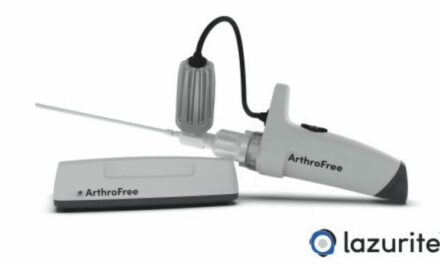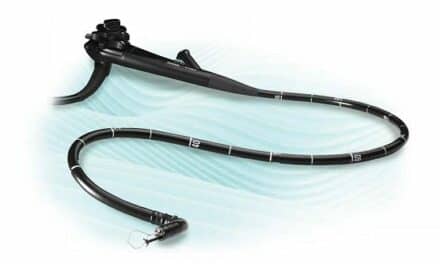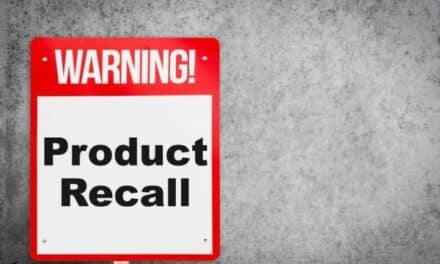Summary: The FDA has issued a warning to Cardinal Health for marketing unapproved Monoject syringes, highlighting significant safety risks and compliance failures. These include the marketing of syringe sizes not FDA-approved, resulting in potential dosing inaccuracies and device malfunctions.
Key Takeaways:
- Unapproved Syringes: Cardinal Health marketed syringe kits containing sizes not approved by the FDA, posing serious safety risks.
- Compliance Failures: The company failed to meet FDA quality regulations, lacking proper verification procedures for supplier qualifications and product standards.
- Corrective Actions Needed: Cardinal Health has proposed corrective measures, but their effectiveness and compliance will be assessed in a follow-up FDA inspection.
The U.S. Food and Drug Administration (FDA) has issued a stern warning to Cardinal Health, alleging that the company was marketing certain Monoject syringes that were not approved for commercial use. The FDA’s findings point to significant compliance failures concerning the marketing and quality controls of various medical syringes, raising potential safety concerns.
Safety Risks from Non-Cleared Syringe Sizes
The primary issue involves the marketing of unapproved syringe kits that include piston syringes not cleared by the FDA. Specifically, the kits contain 3 mL, 10 mL, and 20 mL syringes manufactured by Jiangsu Shenli Medical Production, Ltd., which vary significantly from the only approved 5 mL syringe under the same manufacturer. This discrepancy could lead to severe safety risks, such as inaccurate dosing and device leakage, according to the FDA.
Quality System Regulations Violations
Further complicating matters, Cardinal Health’s syringes were found to be non-compliant with the FDA’s quality regulations. During an inspection, it was revealed that Cardinal Health failed to ensure their syringes meet necessary manufacturing standards and lacked adequate procedures for verifying supplier qualifications and product specifications. These gaps were especially problematic in light of ongoing recalls initiated by Cardinal Health due to compatibility issues with infusion pumps.
Corrective Actions and Future Compliance
In response to the inspection findings, Cardinal Health outlined corrective measures, including revising internal procedures and enhancing supplier qualification processes. However, the effectiveness of these actions remains to be determined by a follow-up inspection by the FDA.
Implications and Urgency for Compliance
The FDA also hinted that non-compliance could influence federal contract considerations and approval of new devices. Cardinal Health is expected to provide a detailed plan to address the FDA’s concerns, outlining steps taken to address these violations and prevent future occurrences.





